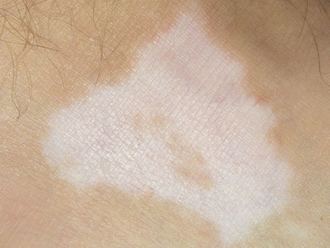
Washington DC: A new research has found out that younger mothers have a greater chance to have a child with attention deficit hyperactivity disorder (ADHD).
According to the study published in the journal Scientific, ADHD is a complex neurodevelopmental disorder that impacts a person's ability to exert age-appropriate self-control. Characterised by persistent patterns of inattentive, impulsive, and sometimes hyperactive behaviour, individuals find it hard to focus, concentrate, and regulate their emotions.
The study also explored the genetic relationship between female reproductive traits and key psychiatric disorders and found that the genetic risk of ADHD in children was strongly associated with early maternal age at first birth, particular for women younger than 20.
Using genetic data of 220,685 women via the UK Biobank, researchers examined genetic correlations between five female reproductive traits (age at first birth, age at first sexual intercourse, age at first occurrence of menstruation, age at menopause, and number of live births) and six common psychiatric disorders (ADHD, autism, eating disorders, depression, bipolar disorder and schizophrenia).
"Young mums can have it tough, especially as they're adjusting to becoming a parent while they're still young themselves. By understanding the links between becoming a mother at a young age and having a child with ADHD, we're able to better educate and support families sooner," said Associate Professor Hong Lee, UniSA.
"The approach is twofold. Firstly, we're able to inform young women about the high genetic risk of having a child with ADHD if they give birth at a young age," the Professor explained.
Adding that this move might prevent them from giving birth at an immature age, Lee added, "Secondly, we're able to educate young mothers about the features of ADHD, such as impulsivity and inattentive behaviours, which may help mothers better recognize the condition in their child and seek treatment sooner than later."
"ADHD is treatable, but early diagnosis and interventions are key to a successful outcome," Lee said.
While the findings are significant no doubt, there are some latent complexities, highlighted by Lee.
"It's important to understand that while there is a clear genetic link between ADHD and young mothers, this is not necessarily a causal relationship. ADHD is a highly heritable disorder which means that a young mother may also have the genes affecting ADHD risk which is then inherited by her child," the researcher said.












